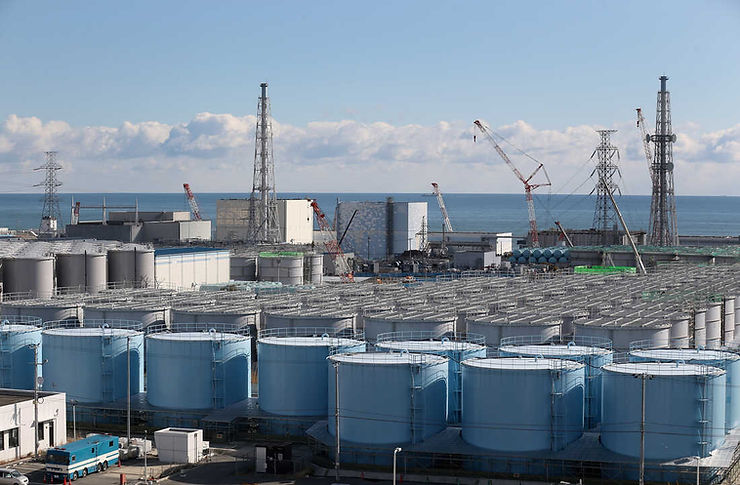By: Ziyin Niu
The plan to pumped contaminated water into the Pacific Ocean sparked debates over its safety for humans and environment. While the Japanese government and the UN’s nuclear watchdog, the Atomic Energy Agency (IAEA), have approved the proposal, there are some researchers and neighboring countries remain concerns.
The thing was begun in 2011, the Fukushima nuclear power plant suffered damage from a major earthquake and 15m tsunami. As a result, three of the nuclear reactors malfunctioned and overheated, causing deadly radioactive waste to be released into the surrounding water and atmosphere. Presently, there is about 1.33 million cubic meters of contaminated water needs to be disposed of safely.
Japan proposes a plan, they decided to pump the 1000 tanks full of radioactive water (which is water down the radioactive elements in water) out to the sea very slowly over 30 to 40 years. And recently, the UN’s nuclear watchdog the IAEA passed the proposal. However, nuclear expert argue that insufficient information is available regarding the potential environmental impact of this discharge, even though IAEA thinks the water is capable for people drinking and swimming.
Is the Fukushima water release safe? The primary concert is a hydrogen isotope called radioactive tritium, which remains a significant problem to health, cannot be taken away by currently technology, says TEPCO (Tokyo Electric Power Company). Exposure to radio waste can lead to various serious health issue, such as cancer and birth defects.
Research conducted by Professor Genetic Toxicology Awadhesh Jha indicates that tritium could build up in the shellfish, such as mussels and oysters. If the Fukushima water pump into the sea, people will soon be exposed to radioactive tritium by seafood.
China and other voices in region continue to express concerns. China’s foreign ministry strongly respond to IAEA’s decision, stating, If there are some people think radioactive water can “drink “and “swim,” we advise to make god use of the contaminated water for these people to drink and swim in. Instead of releasing it into the sea and causing many concerts to the world community. “The Secretary-General of the Pacific Islands Forum also voiced that the release shouldn’t take place until they are certain about the implications on environment and on human health.
The plan to release contaminated water from the Fukushima nuclear power plant into the Pacific Ocean raises significant concerns. While some people think radioactive water has been treated sufficiently, the presence of radioactive tritium and its potential accumulation in seafood raises doubts about the safety of this approach. The voices of neighboring countries and international organizations urging caution and further investigation into the implications highlight the importance of thorough assessment before proceeding with the water release.











